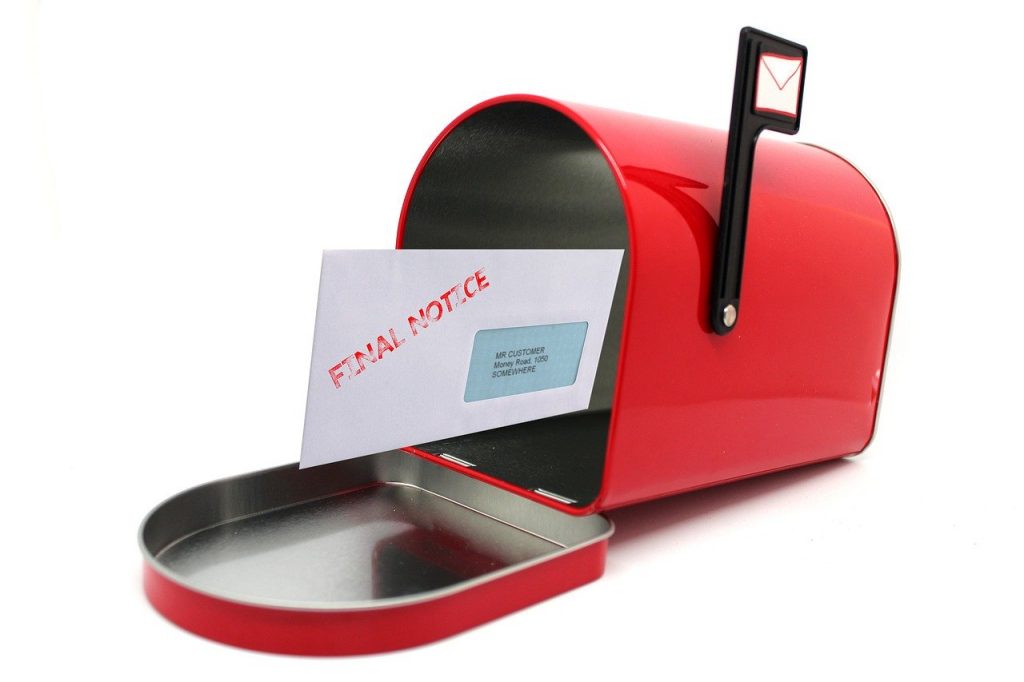Editor’s Note: First installment of a 2-part overview on community owners’ best practices for debt collection, originally published in MHInsider magazine. Part II covers post-eviction debt collection.

As the owner or operator of a manufactured housing community, you’ve probably dealt with your share of delinquent payments. At first, a resident is just late – maybe a couple of days.
Eventually, you will experience the rent payment never comes. There’s no response to calls or knocks on the door, so you’re forced to pursue an eviction. Once you have possession of the home or site, you’re stuck carrying a loss you might never recoup.
This process forces you to perform a juggling act of financial, legal, and ethical considerations. Worst of all, you’re often expected to go through this process alone.
Don’t lose hope
With a set of standard operating procedures for your community, you can develop an effective collections process to mitigate these losses. By being proactive, you’ll avoid the heartaches and headaches often associated with post-eviction losses, boost your cash flow, and give your manufactured home community a competitive business advantage.
Setting the Record Straight

We like to tell our clients the place to start is the start. That means comprehensive and standard credit screening protocols for prospective residents. It’s critical this process be structured and tightly maintained – it will help avoid more delinquent or defaulting residents down the road and improve your ability to collect post-eviction. There’s a long list of proactive steps that go into a strong policy, but ever-critical are minimum credit standards, legible paperwork, and the delivery of clear expectations before move-in.
The figures in your credit policy are a function of the level of risk your manufactured home community can take. This means evaluating your range of acceptable credit scores and determining what other key aspects of the prospective resident’s credit profile — like income, for example — are most consequential to you. Making these decisions on the fly can lead to serious errors in accepting residents with questionable reliability, and perhaps also denying potential customers with stronger profiles than initially evident. Standard procedures also help avoid turning the application process into a fair housing minefield.
It’s important that you are explicitly clear with your prospects as to what you expect out of them. This means laying out a clear policy when it comes to late payments or missed payments, and the specific steps you plan to take if they’re late or default. This will ensure there are no surprises when you take immediate and decisive action to protect your community’s best interests.

Eviction
Evicting a resident is a laborious and, often, precarious process; for the purposes of this article, we will focus on how evictions tie into your ability to collect. First and foremost, find a landlord-tenant attorney to handle your evictions to avoid exposing yourself to any liabilities that may arise in exercising your right to pursue an eviction. Defaults and bankruptcies sometimes go hand-in-hand, thus without the proper filings you can easily find yourself in violation of federal law. Bankruptcies do not only slow down the eviction process, they often preclude you from later pursuing the balance owed.
It’s critical that residents understand that eviction does not exempt them from paying their balance. Follow through with your standard security deposit notice and make a demand for any additional balance that’s owed, including the past due rent, late fees, accelerated rent, releasing expenses, outstanding utilities, damages, clean up, court costs, statutory attorney fees, and other expenses legally permitted by federal, state, and local laws in your jurisdiction.
Often, defaulted residents have the mistaken understanding that once they are evicted, the slate is wiped clean. Not only is that not true, but, often, it can stall getting paid voluntarily post-eviction. It is critical your community staff makes clear to the resident that, if evicted, they will still owe you that money, and you will pursue anything that is not paid voluntarily.










